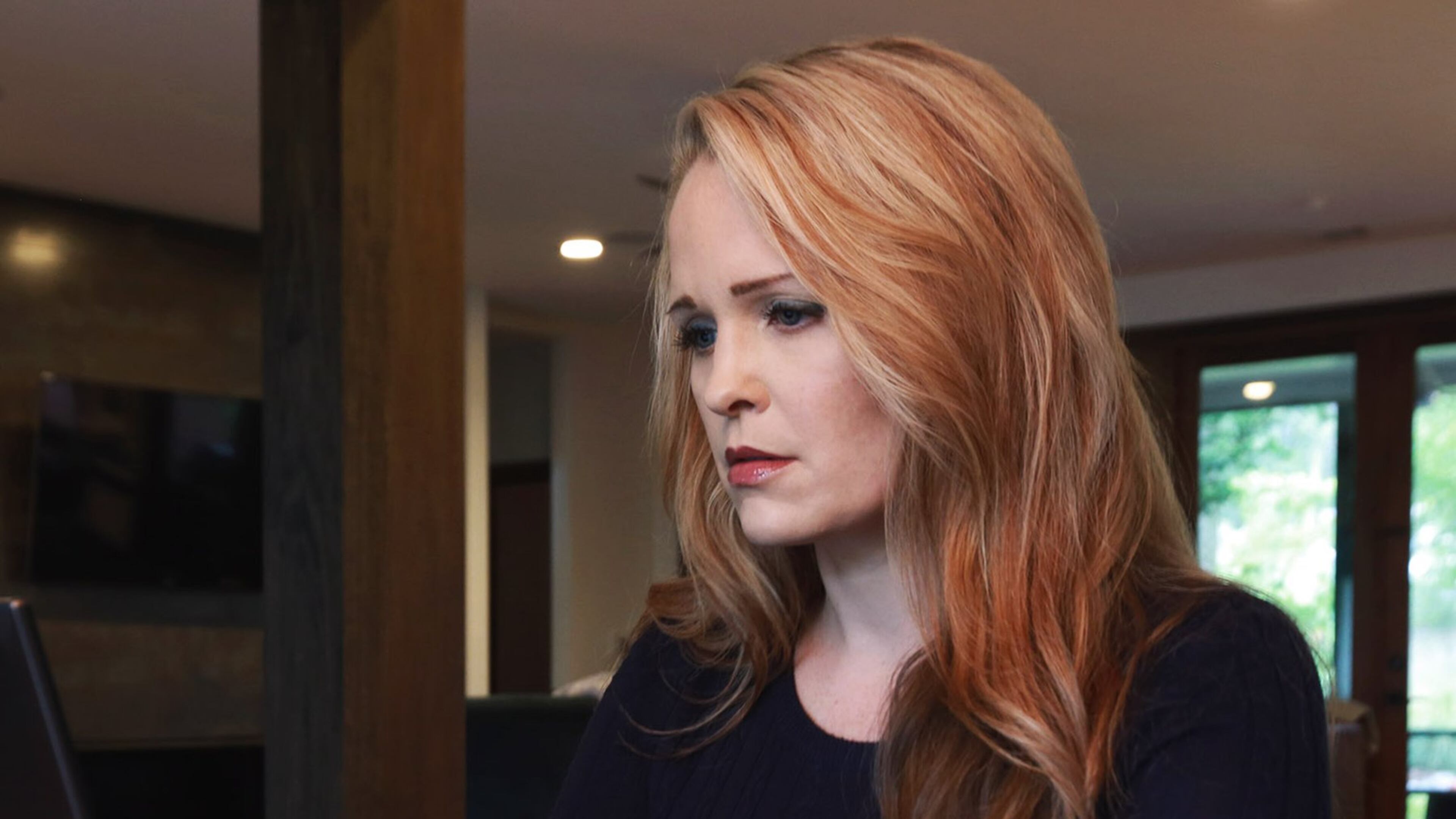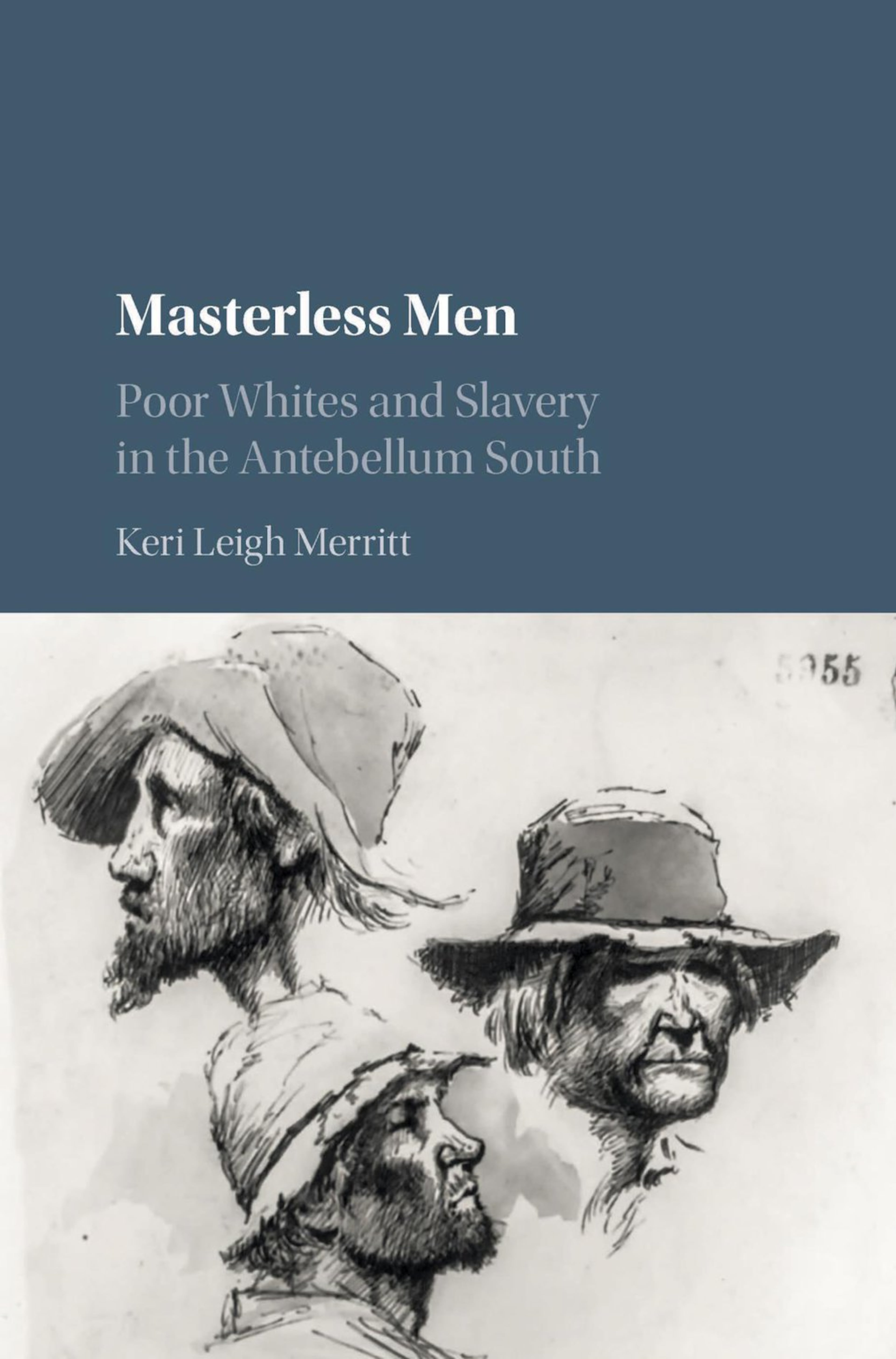Local historian on poverty and privilege

Keri Leigh Merritt is a 38-year-old mother of two. She lives in a spacious 4-bedroom home she and her husband designed in Decatur.
She has a good life. She’s married to a good man and has enjoyed a fruitful career as an author and historian.
She has lived on both sides of the same coin and looked hard at her life. As the daughter of white southerners, she knows what it’s like to be poor despite working multiple jobs, to get annual medical check-ups at Planned Parenthood because she had no health insurance, to worry about how to pay for groceries. But without the benefits of white privilege, she knows her life might look completely different.
From the time she was old enough to cross a street alone, she said, she noticed how poverty made life hard, could send you to prison or to an early grave.
“My grandmother had a brother who died of hunger during the depression,” she said. “And one of my uncles died in Angola, a Louisiana prison.”
She noticed, too, during summers she spent in South Carolina with her grandmother, the dividing line between the middle and upper-middle class sections of town. At the same time, the mill village where her mother grew up was completely integrated, though not the way you might think.
“It wasn’t that the whites were progressive,” she said. “They weren’t. They were racists who simply made exceptions for the people they knew or worked with.”
Even as a child, Merritt said she sensed something terribly wrong about that. She could see with her heart an injustice few of the adults around her would dare look at, or if they did, were big enough to call it what it was — racism.
The more she witnessed, the more she read about Southern history, the more offended she became but she felt helpless to do anything to stop it, to change the thinking of people who wielded the power of that day.
And then there was Newt Gingrich and his document “Contract with America” that she felt made life much harder for poor and working-class people.
“I just knew that what he was saying was ethically and morally abhorrent,” Merritt remembered recently.
She was 14, a freshman at Pope High School in Marietta.
“I got involved with young democrats at my school to try and affect change,” she said.
Something had shifted inside Merritt.

In 1999, she graduated from Pope and four years later earned a degree in history and political science, her two loves, from Emory University.
She took the next two years off to work at a local law firm, before enrolling in graduate school at the University of Georgia.
By 2014, Merritt had both a master’s and Ph.D. from UGA and had begun working as an independent historian publishing books and writing essays relating current political events to the history of America.
“Whether pitting laborers of different races against each other, stoking racial fears through a [sensationalist] and profit-driven media, or politically scapegoating entire ethnic groups, America’s white elite have successfully modernized age-old strategies of using racism to prevent the formation of a broad coalition of people along class lines—and across racial lines,” she writes in “Keeping Poor Whites and Blacks Apart: A Southern Tradition,” an essay published last summer in The Bitter Southerner.
Merritt has long held that the legacies of slavery and the failures of Reconstruction are the dividing lines when it comes to wealth inequality between races. “It doesn’t necessarily matter what policy says in letter in regards to race,” she said. “It matters how policy is enacted.”
She has written dozens of essays making that point and challenging commonly held stereotypes used to describe African-Americans, the same stereotypes that apply to any impoverished group, especially poor whites.
If you happen to be among those who believe poor whites, who overwhelmingly supported President Trump in the 2016 election, are now suffering under his policies and tax cuts to the rich, you get where Merritt is coming from.
She is the author of two books, the award-winning “Masterless Men: Poor Whites and Slavery in the Antebellum South,” published by Cambridge University Press in 2017, and “Reconsidering Southern Labor History: Race, Class and Power,” a collection of labor history essays she co-edited with Georgia Tech professor Matthew Hild.

Merritt decided recently, however, that writing about the issue wasn’t enough. She needed to do something.
“Poverty informs everything that’s currently happening politically, and studying poverty gives us clear answers about how to move forward and make America a more equitable society, particularly in the South,” she said. “But our problems are not just about income.
They’re about wealth and policy.”
She is working now with an intergovernmental agency on an initiative to help alleviate poverty in the metro-Atlanta area and is speaking to and working with various grassroots groups associated with the Poor People’s Campaign.
“Given our history of slavery, the failures of land reform after emancipation, and the various barriers to success for African-Americans under Jim Crow, it’s nearly impossible to bridge the racial wealth gap without some sort of policy-driven wealth redistribution. And without that, the playing field will never be leveled.”
Holding such positions hasn’t won Merritt any friends. She is often confronted with threats, mostly from faceless people on social media.
As an independent scholar, however, she knows she is able to say a lot of things her peers can’t without repercussions from employers.
“I have a fearlessness that a lot of my peers are not able to have. I have the power to say what they can’t,” she said.
Still, she is forced to keep her private life private. She doesn’t use her husband’s last name, for instance, or post pictures of her two children online.
So why does she continue to put herself in harm’s way?
“I just think being white in this country comes with great privilege, but it should also come with great responsibility,” she said. “There are a lot of people willing to enjoy the privilege but not put in the work. White people have created the problems we are currently facing. Therefore we should be the people on the frontlines–whether fighting for social and economic justice for all Americans, reforming a fundamentally racist criminal justice system, or combating voter suppression. We are the ones who’ve created this mess. We should be the ones cleaning it up.”
Find Gracie on Facebook (www.facebook.com/graciestaplesajc/) and Twitter (@GStaples_AJC) or email her at gstaples@ajc.com.


